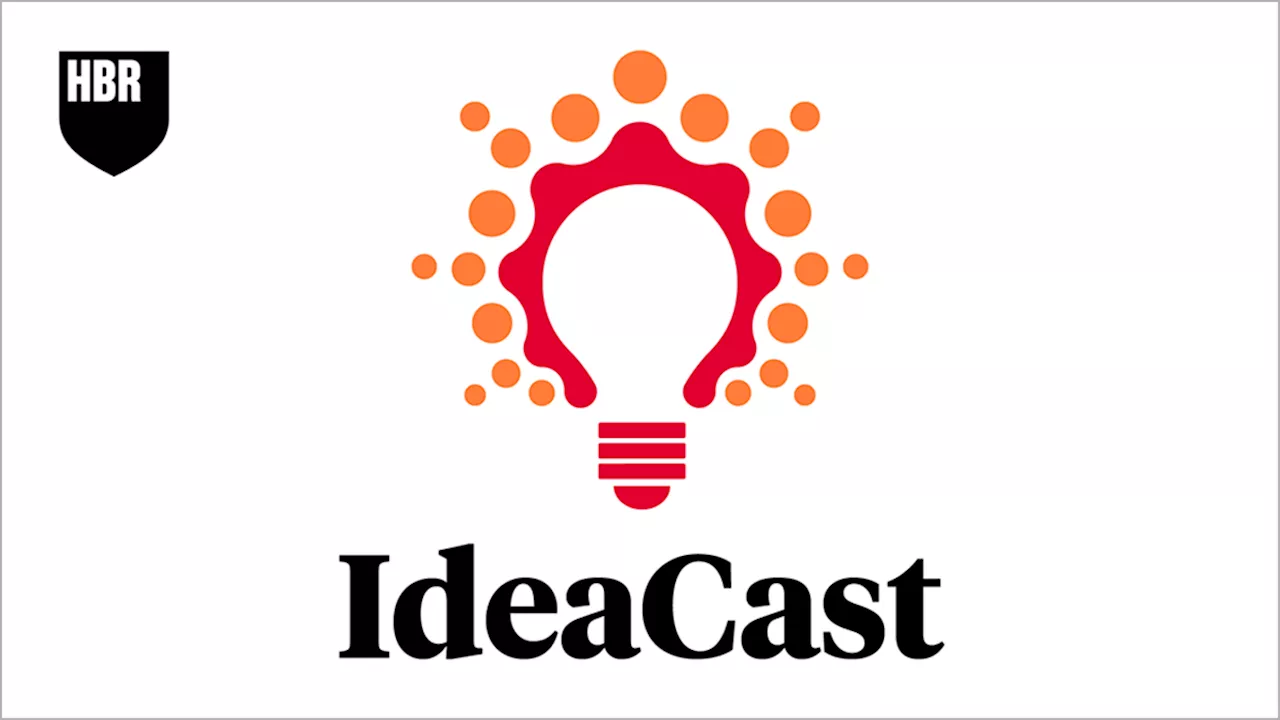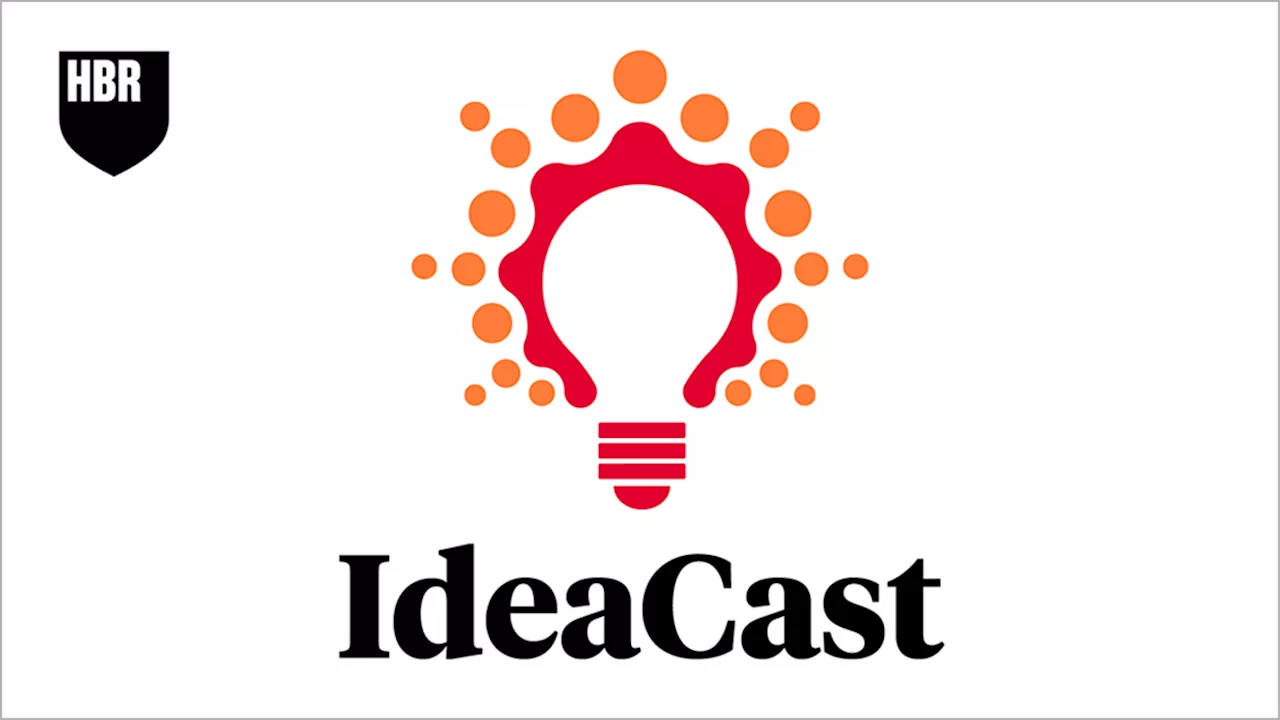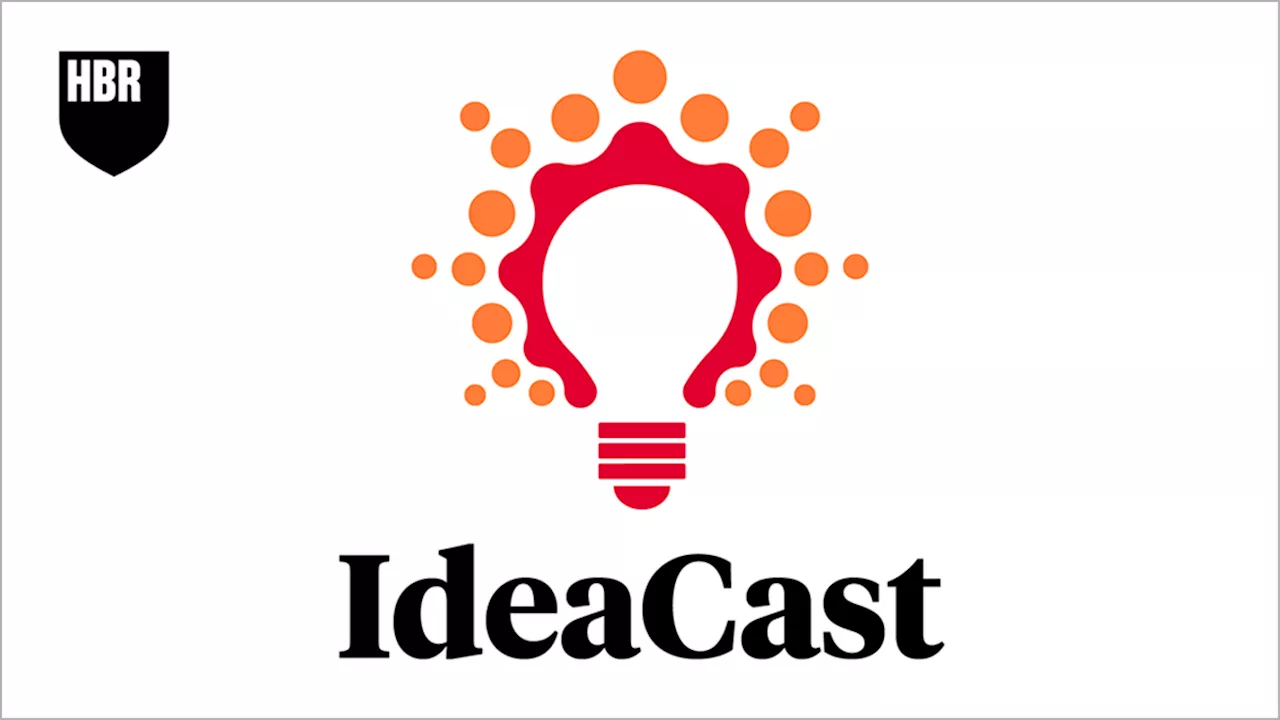Bohenet and Chilazi argue that fairness, not DEI programs, is the key to creating a truly meritocratic workplace. They advocate for a data-driven approach to measuring fairness in all aspects of work, from hiring to promotion to performance appraisals.
Amid the backlash against diversity, equity, and inclusion ( DEI ) initiatives in the United States and elsewhere, leaders in both the public and private sectors are reevaluating their organizations’ policies and goals. While many employers and employees still value and support DEI , a growing chorus argues that such programs run counter to meritocratic ideals.
However, Iris Bohnet and Siri Chilazi from the Harvard Kennedy School believe there’s one principle everyone should be able to agree on — fairness — and advocate for a data-driven approach to measuring it. They argue that fairness is not a program but rather a fundamental aspect of how organizations operate. It should be embedded in every process, from hiring and promotion to performance appraisals and meeting design. Bohnet and Chilazi use the analogy of a hundred-meter race, where fairness means everyone starts at the same place with equal opportunities to train, practice, and access resources. To quantify fairness, they emphasize the importance of data. Just as businesses rely on data to inform their core operations, they should use data to measure fairness in their systems. Chilazi highlights that data can reveal disparities in areas like promotions, highlighting that seemingly subjective concepts like fairness can be objectively measured. They believe that by making work fair for everyone, organizations can achieve both meritocracy and diversity, equity, and inclusion. This means creating a system that allows everyone to contribute their best and succeed based on their merits, rather than facing systemic biases
Fairness DEI Meritocracy Data-Driven Workplace Equality Harvard Kennedy School
United States Latest News, United States Headlines
Similar News:You can also read news stories similar to this one that we have collected from other news sources.
 Fairness Over DEI: Rethinking Workplace SystemsLeaders in both public and private sectors are reevaluating DEI initiatives amidst growing debate about meritocracy. Iris Bohnet and Siri Chilazi from Harvard Kennedy School argue for a data-driven approach to fairness, aiming for systems that benefit both individuals and organizations.
Fairness Over DEI: Rethinking Workplace SystemsLeaders in both public and private sectors are reevaluating DEI initiatives amidst growing debate about meritocracy. Iris Bohnet and Siri Chilazi from Harvard Kennedy School argue for a data-driven approach to fairness, aiming for systems that benefit both individuals and organizations.
Read more »
 Make Work Fair: Data-Driven Design for Real ResultsThis article explores a new approach to workplace fairness, advocating for a data-driven method that integrates fairness into every organizational process. Experts Iris Bohnet and Siri Chilazi from Harvard Kennedy School argue that by focusing on fairness, rather than solely on diversity, equity, and inclusion (DEI) or meritocracy, organizations can create a more equitable and successful environment for all.
Make Work Fair: Data-Driven Design for Real ResultsThis article explores a new approach to workplace fairness, advocating for a data-driven method that integrates fairness into every organizational process. Experts Iris Bohnet and Siri Chilazi from Harvard Kennedy School argue that by focusing on fairness, rather than solely on diversity, equity, and inclusion (DEI) or meritocracy, organizations can create a more equitable and successful environment for all.
Read more »
 Rep. Owens Criticizes Beyoncé's Grammy Win as 'DEI' DrivenRepublican Congressman Burgess Owens has sparked controversy by criticizing Beyoncé's win for 'Best Country Album' at the Grammys, labeling it a victory for 'DEI' (Diversity, Equity, and Inclusion) and alleging it will harm both Beyoncé and the Grammys in the long run. Owens argues that Beyoncé's popularity in other genres doesn't qualify her for the country award and that fans of the genre will not respect her win.
Rep. Owens Criticizes Beyoncé's Grammy Win as 'DEI' DrivenRepublican Congressman Burgess Owens has sparked controversy by criticizing Beyoncé's win for 'Best Country Album' at the Grammys, labeling it a victory for 'DEI' (Diversity, Equity, and Inclusion) and alleging it will harm both Beyoncé and the Grammys in the long run. Owens argues that Beyoncé's popularity in other genres doesn't qualify her for the country award and that fans of the genre will not respect her win.
Read more »
 The Perils of Over-Monitoring: Finding Balance in a Data-Driven WorldThis article explores the potential downsides of excessive self-monitoring and encourages a more balanced approach. It highlights the importance of focusing on what truly matters, trusting natural signs of change, and reducing unnecessary stress and judgment.
The Perils of Over-Monitoring: Finding Balance in a Data-Driven WorldThis article explores the potential downsides of excessive self-monitoring and encourages a more balanced approach. It highlights the importance of focusing on what truly matters, trusting natural signs of change, and reducing unnecessary stress and judgment.
Read more »
 Crafting a Data-Driven Go-to-Market (GTM) Strategy for Sustainable GrowthThis article emphasizes the importance of data-driven GTM strategies in today's dynamic business landscape. It discusses the need for cross-functional alignment, leveraging customer insights, and using data analytics to optimize performance. The text provides actionable tips for creating effective GTM strategies, including defining the Ideal Customer Profile (ICP) and building strong partnerships.
Crafting a Data-Driven Go-to-Market (GTM) Strategy for Sustainable GrowthThis article emphasizes the importance of data-driven GTM strategies in today's dynamic business landscape. It discusses the need for cross-functional alignment, leveraging customer insights, and using data analytics to optimize performance. The text provides actionable tips for creating effective GTM strategies, including defining the Ideal Customer Profile (ICP) and building strong partnerships.
Read more »
 True Hybrid Platforms: The Key to Data-Driven Innovation and GrowthAs organizations increasingly leverage data and AI, legacy infrastructure struggles to keep up. Hybrid solutions may not fully address the challenge of seamless data flow and varied compliance requirements. A 'true hybrid' platform connects data workloads across environments for efficient operation and security, unlocking scalability and growth opportunities.
True Hybrid Platforms: The Key to Data-Driven Innovation and GrowthAs organizations increasingly leverage data and AI, legacy infrastructure struggles to keep up. Hybrid solutions may not fully address the challenge of seamless data flow and varied compliance requirements. A 'true hybrid' platform connects data workloads across environments for efficient operation and security, unlocking scalability and growth opportunities.
Read more »
